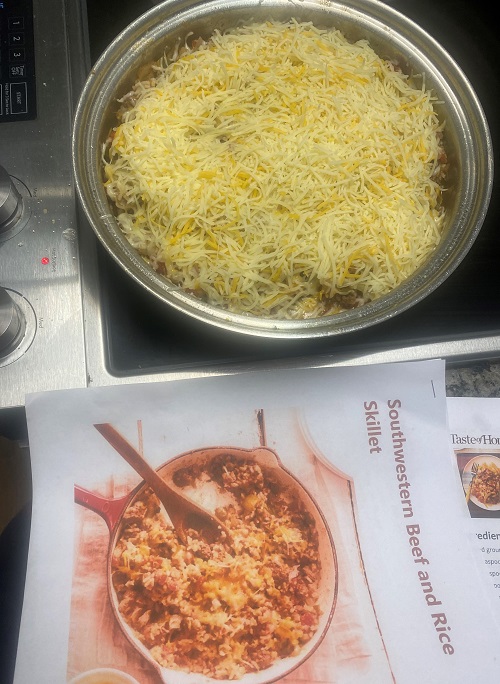I have always loved water. From Dearing Branch, where I could jump across most sections, to 72,000-acre Clarks Hill, everything from branches, ponds, rivers and lakes have drawn me.
Clarks Hill was my “heaven on earth,” from the earliest camping trip there with the RA church group to my many fishing trips there as an adult. I fished my first tournament there in April, 1974 and the Sportsman Club has been back every year since then, including this year. When I found out the dam was started in 1950, my birthyear, I just knew it was built just for me!
The RAs camped a couple of times a year at “The Cliffs,” a ditch that ran back a couple hundred feet from the lake. The edges were ten feet above the water, and we could never touch bottom when swimming in it. After I got a depthfinder I found out it was about 18 feet deep.
We would pitch our tents on the bank along the ditch, build fires and cook our meals. After dark we would put out our lines for catfish. I will never forget the time I took a quart jar of chicken livers and gizzards and left it out in the sun. I was sure the smell that almost made me sick would attract catfish, but apparently, they though it was as awful as I did.
We boys would stay up as late as we could, but invariably we would go to sleep, only to awake to the adults still talking quietly by the fire, watching their rods. And after waking it was time to fry bacon, scramble eggs and toast bread on the open fire.
Daddy joined Raysville Boat Club when I was 16. Five years earlier, Mr. Hugh took me water skiing for the first time and I fell in love with it. About three years later Harold’s family bought a ski boat and I got to drive it. I will never forget the feeling freedom that went over me that day.
When daddy joined the boat club, he also bought a 17-foot Larson with a 120 HP Mercruiser outdrive motor. It was a great ski boat and I spend untold hours both driving it pulling skiers and behind it skiing. I got pretty good slaloming and even skiing on trick skis and foot skis. But as hard as I tried, I never could ski barefoot.
We also fished from that boat for bass, crappie, catfish and bream. Daddy and I ran baskets for a few years and kept our freezer full of fish. Then we discovered spring crappie fishing and I spent hundreds of hours in that boat with mama and daddy, pulling in fish after fish and filling out limits.
Linda and I met on a blind date at a fraternity party and, although we didn’t really hit it off, I invited her to go to the lake with me and go skiing. She turned me down. But a few weeks later we happened to have dinner together and really clicked. I again asked her to go skiing and she accepted.
We did ski that weekend, but we also fished some. I think that is what convinced me she was the right one. It has worked out pretty good, our 49 anniversary is this month!
At the end of our first year of marriage we spent the month of August at the trailer at the boat club. I would get up early and go out in the Larson, trying to cast for bass but mostly trolling. I would come in for lunch, stay in the cool trailer until late afternoon then Linda would go out with me in the more comfortable afternoon.
One day at lunch when my parents joined us, I said I wanted to catch a 12-pound bass to have mounted. Daddy kinda laughed and said if I did he would have it mounted for me. Linda said how about her, and daddy said if you catch an eight pounder I will have it mounted.
I found a long, shallow point where I caught a three-pound bass on a Hellbender one morning, one of the only deep diving “plugs” back then. We had no depthfinder but I could tell how the point came up shallow and then dropped off by the action of the plug bumping bottom.
That afternoon Linda went out with me. I was trolling a chrome Hellbender and Linda a blue one. We went over the point and Linda’s rod bowed up. At first I thought she was hung, then a huge bass jumped. It jumped three more times before she landed it.
On my hand-held scales it weighed eight pounds, ten ounces and we confirmed that at the marina! When daddy saw it I am not sure who beamed more, Linda, him or me. And daddy had it mounted, I am looking at it right now, hanging on the wall with that blue Hellbender in its mouth.
I still have not caught that 12 pounder!
I have so many more memories from Clarks Hill they almost overwhelm me when reminiscing.
